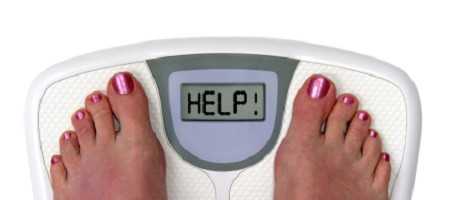Plans to tackle the type 2 diabetes epidemic in the UK could see more than 800,000 additional people being considered for weight loss surgery, it has been revealed.
Under new draft guidelines from the National Institute of Health and Care Excellence (NICE), the threshold for gastric bands and other types of bariatric surgery could be reduced to help treat cases of type 2 diabetes and prevent related complications.
Bariatric surgical procedures are generally viewed as an extreme weight loss resort for cases of obesity. Such procedures have also been show, in some cases, to be hugely beneficial for the management of type 2 diabetes patients, with some patients reported to have reduced or even come off their anti-diabetic medication.
Professor Mark Baker, director of NICE’s Centre for Clinical Practice who drafted the guidelines, says: “More than half of people who undergo surgery have more control over their diabetes following surgery and are less likely to have diabetes-related illness. In some cases, surgery can even reverse the diagnosis.”
Currently, people with type 2 diabetes can only be considered for a gastric band – a silicon bracelet fitted near the top of the stomach to restrict eating – on the NHS if they are deemed as being severely obese (a BMI of 35 or higher) and have been unsuccessful with other non-surgical treatments.
But NICE is now proposing that people with a BMI of at least 30 – the lower threshold for obesity – who have been diagnosed with type 2 diabetes in the past decade be considered for bariatric surgery, in addition to automatic assessments for those with a BMI over 35.
Such a change in guidance would result in a huge increase in the number of patients who could be potentially qualify for surgery, with Diabetes UK estimating that nearly 850,000 people in England and Wales could become eligible if their doctors think it appropriate.
The figures may be even higher as those of Asian descent should be considered at lower, but unspecified, BMIs.
While the new draft guidance from NICE aims to reduce debilitating complications of type 2 diabetes, along with the associated treatment costs, there are concerns that wider access to weight loss surgery will put huge pressure on hospitals and further drain NHS resources, with each surgical procedure costing between £3,000 and £15,000.
Furthermore, there are more affordable and less painful ways to manage type 2 diabetes and prevent diabetic complications from developing, such as structured blood glucose testing. Studies have shown that monitoring blood glucose levels can help type 2 diabetes patients significantly improve their diabetes control and thus lower the risk of serious complications.
What's new on the forum? ⭐️
Get our free newsletters
Stay up to date with the latest news, research and breakthroughs.







